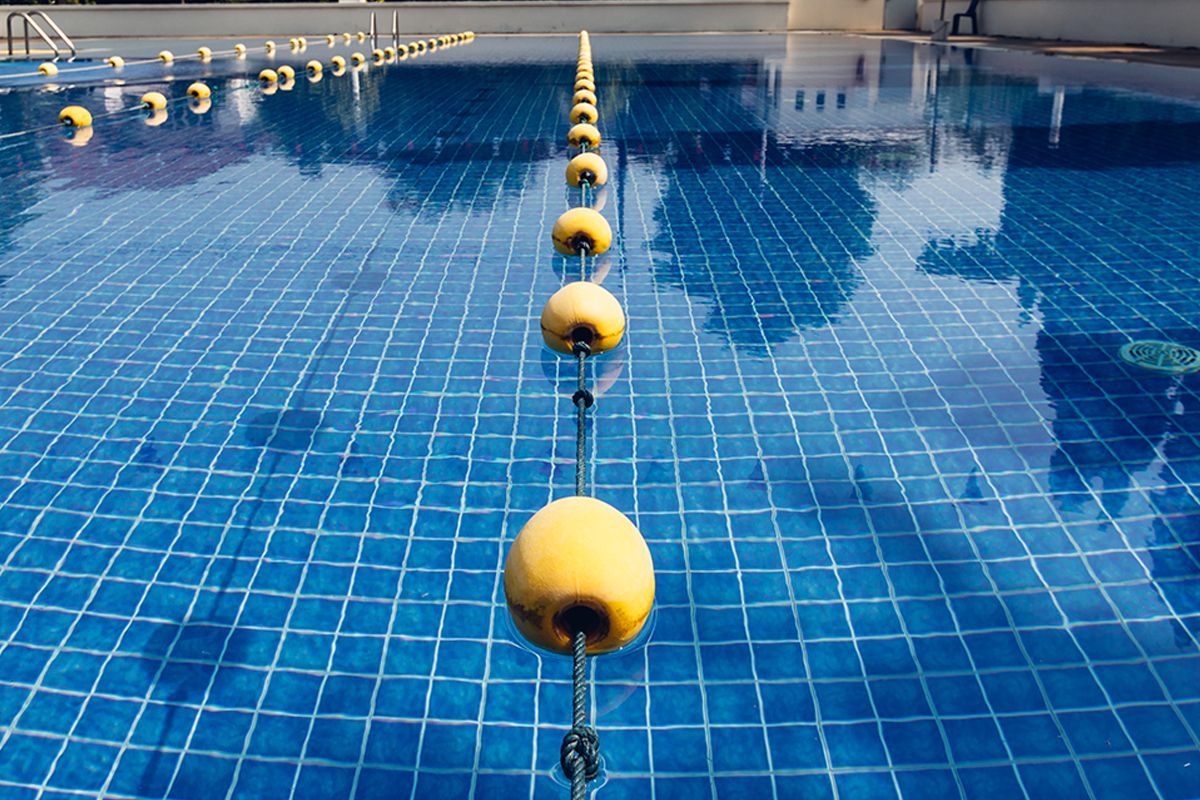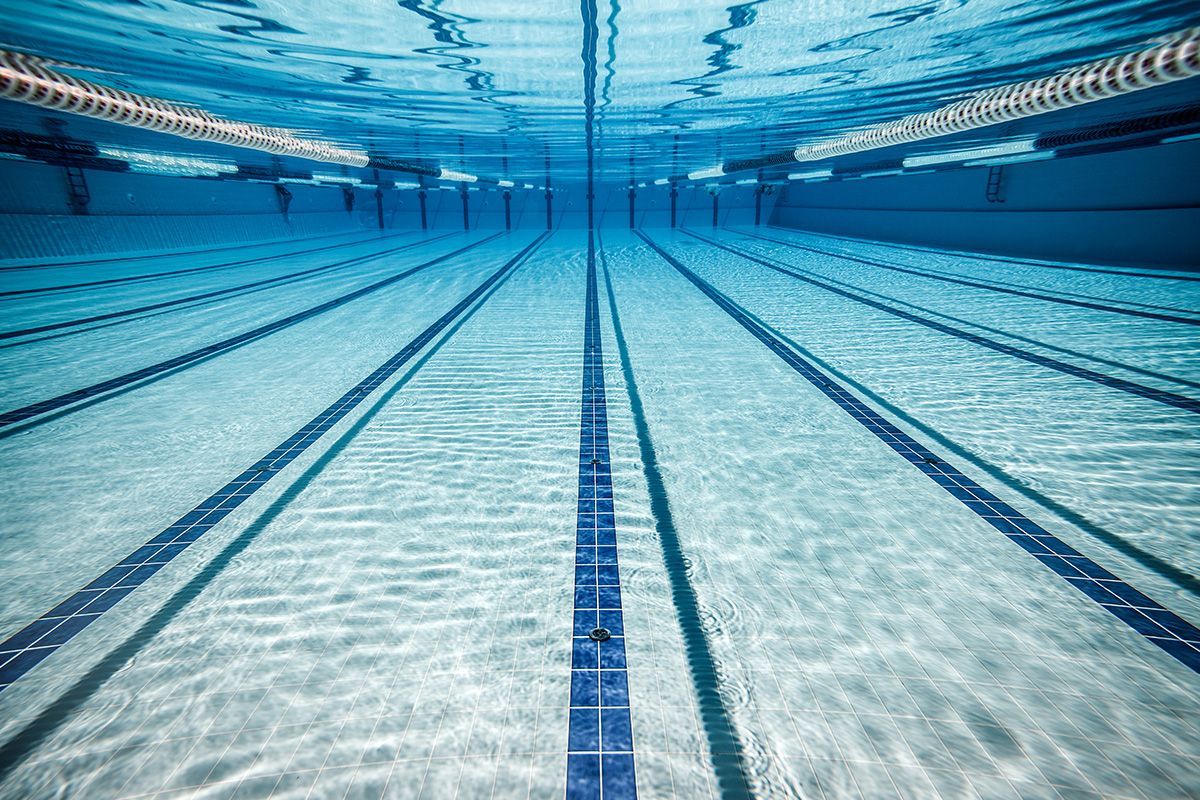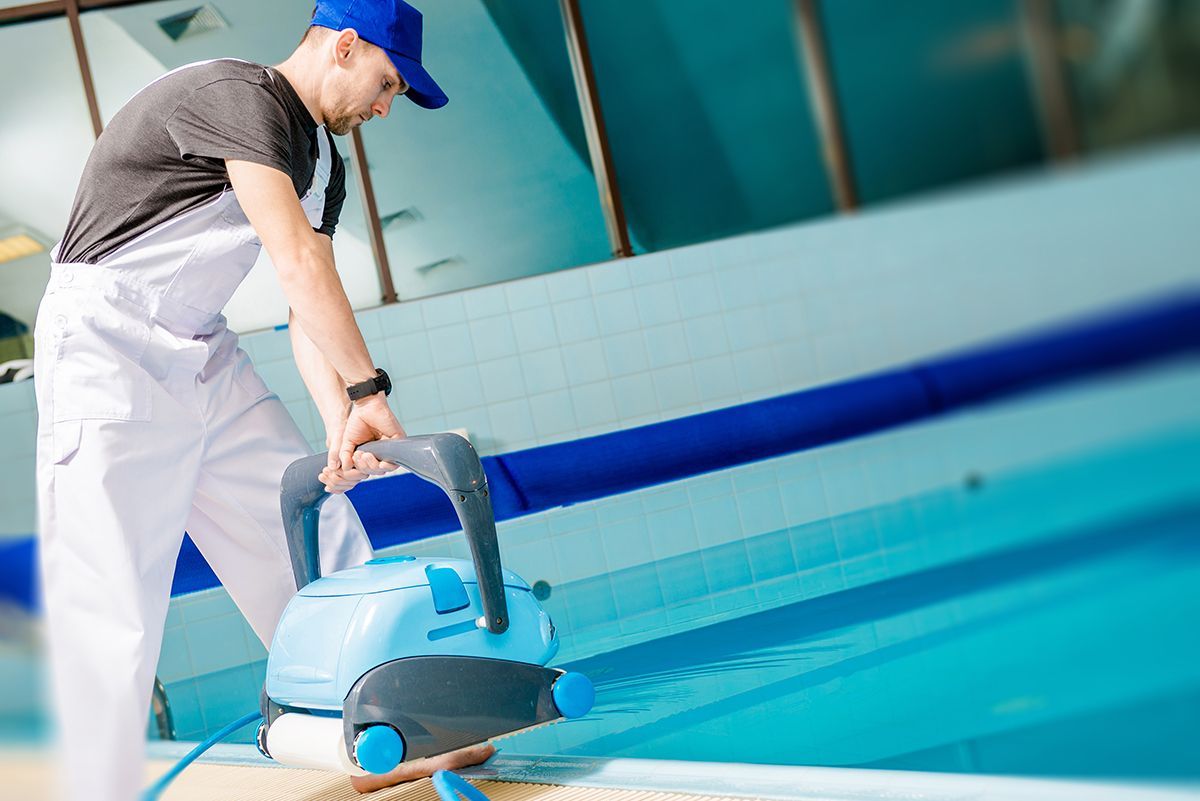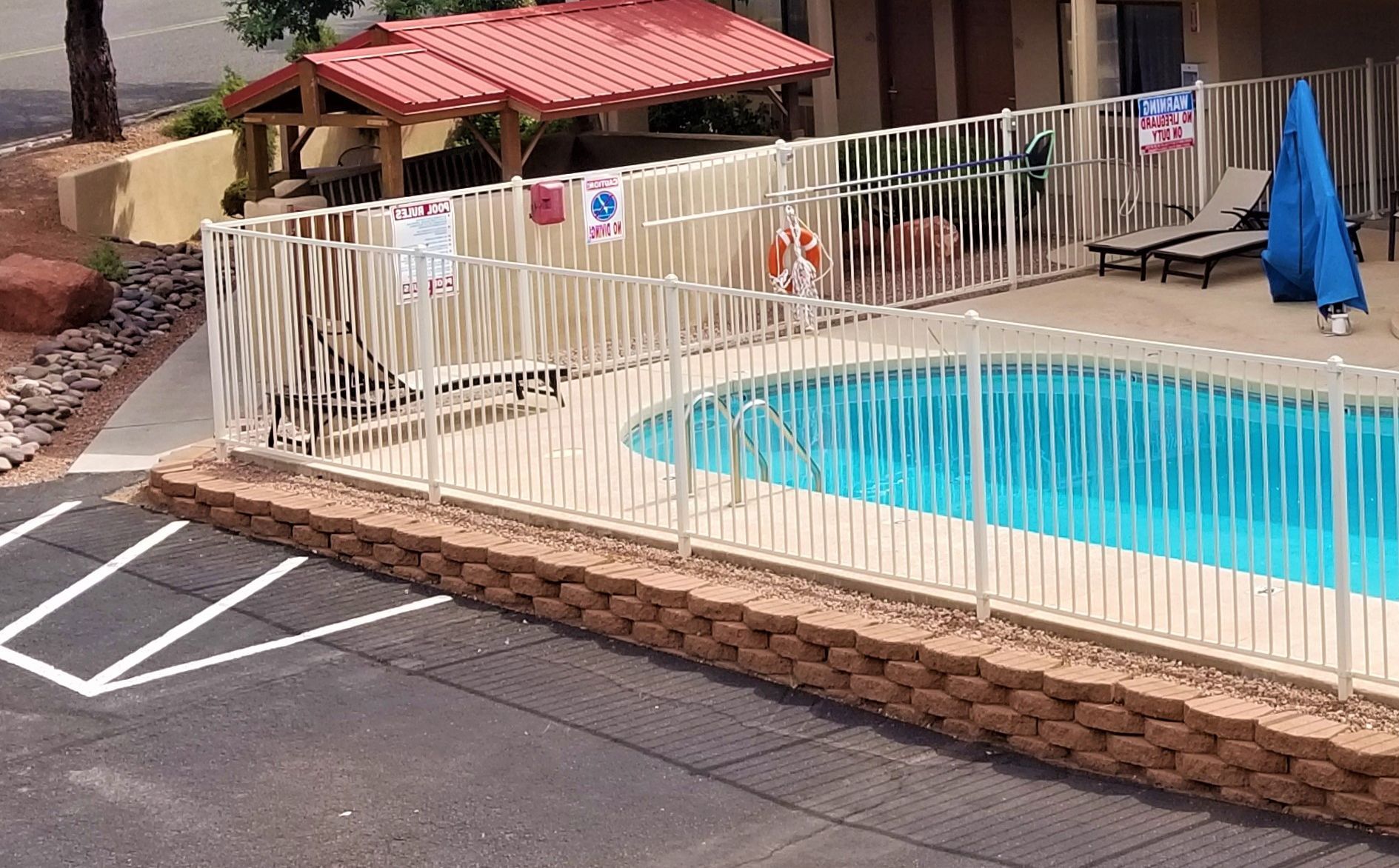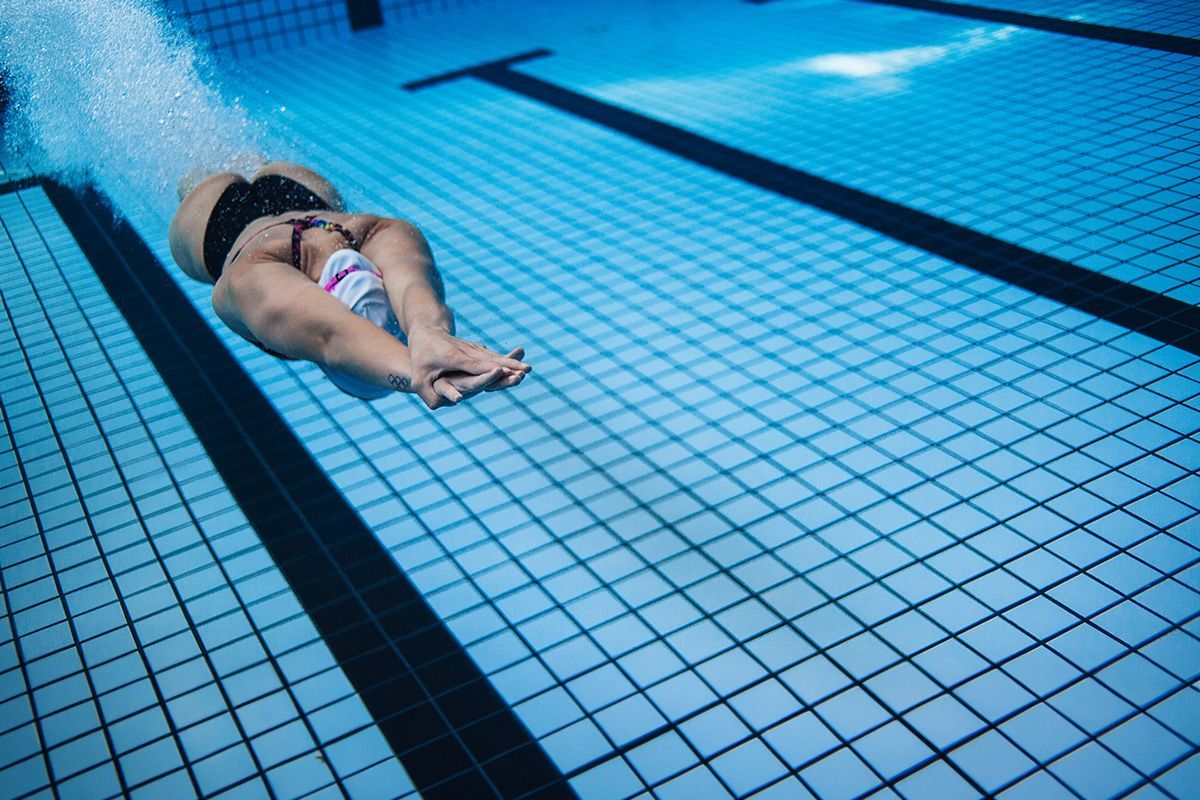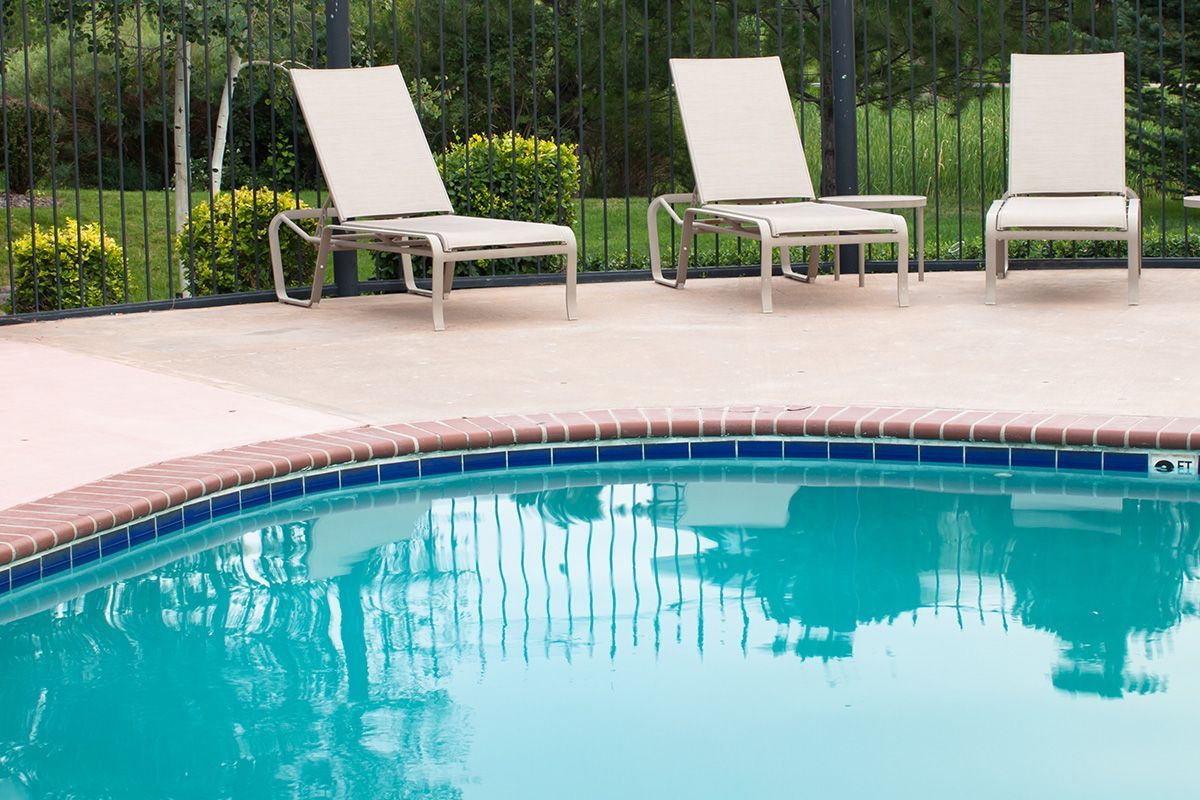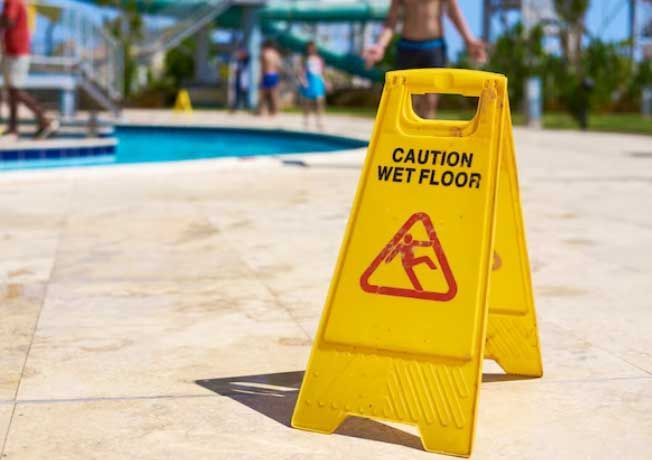Pool Barrier Inspections for Ultimate Compliance
Pool Barrier Inspections: Ensuring Safety and Compliance
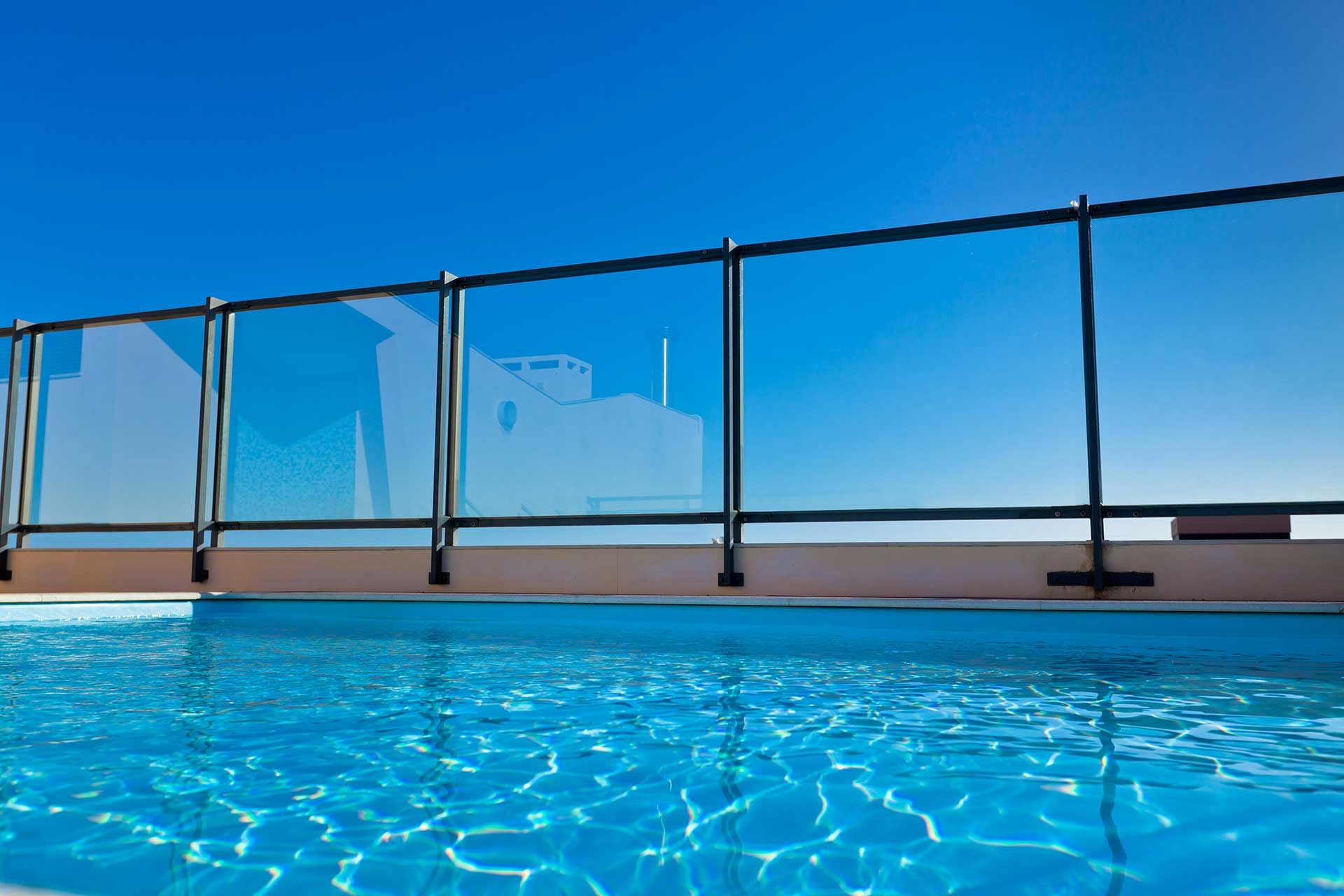
Swimming pools are a popular feature in many homes, providing a refreshing escape during the hot summer months. However, it's important to prioritise safety when it comes to pool ownership. To ensure the safety of pool users, pool barrier inspections are a crucial step that every pool owner should take.
In this comprehensive guide, we will explore the importance of pool barrier inspections, how they work, common issues found during inspections, maintenance tips, and the different types of pool inspections you need to know about.
Why are Pool Barrier Inspections Important?
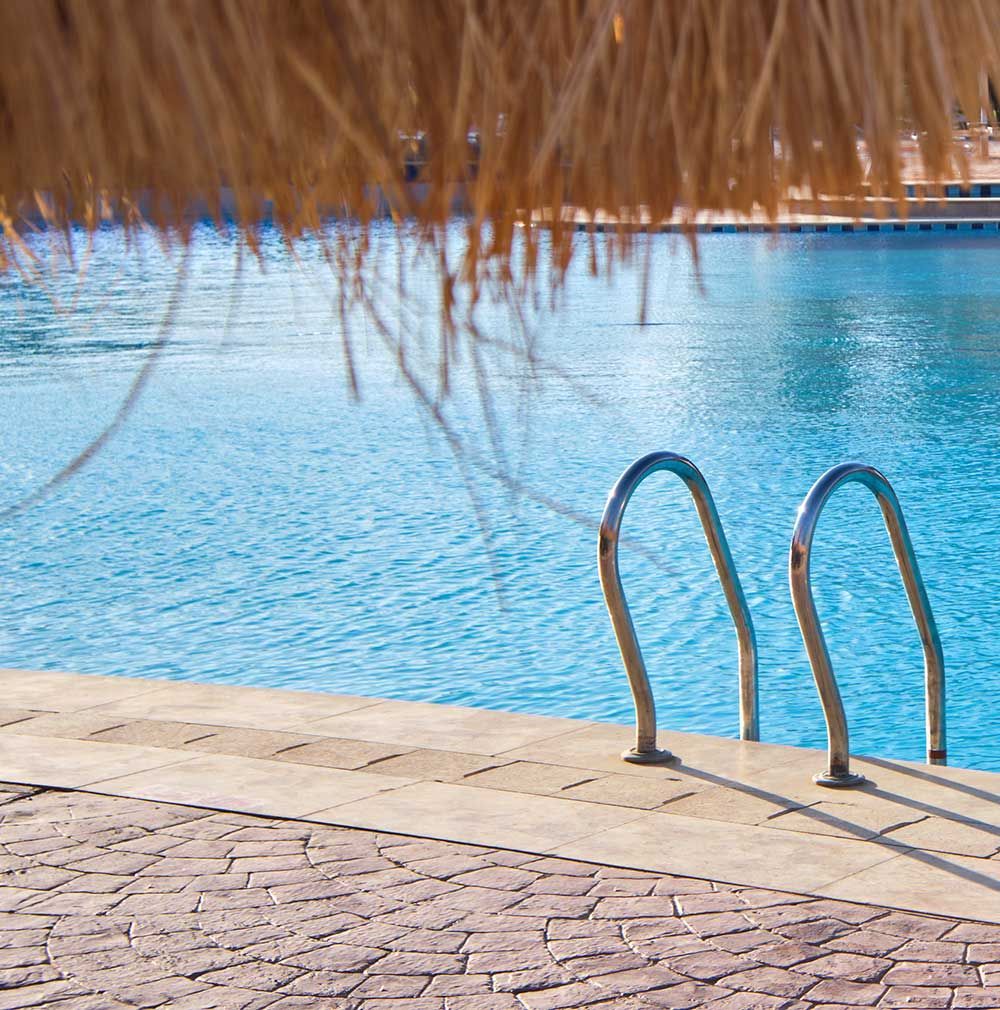
Pool barrier inspections are not only important but also mandatory in Victoria. The Victorian Building Authority (VBA) has implemented strict regulations to ensure the safety of swimming pools and spas. These regulations include requirements for fencing and barriers, as outlined in the Building Code of Australia (BCA). By conducting regular pool barrier inspections, you can ensure that your pool meets these safety standards and avoid potential consequences such as fines, legal liability, loss of insurance coverage, and even pool closure.
Apart from complying with the law, there are several reasons why pool barrier inspections are important:
Ensuring Pool Safety
The primary goal of pool barrier inspections is to ensure that your pool is safe for use. Inspections help identify any safety features that may be lacking or in need of repair, such as fencing, alarms, and rescue equipment. By addressing these issues, you can create a safer environment for everyone using the pool.
Identifying Potential Issues
Pool inspections allow for the identification of potential issues that may not be immediately apparent. Inspectors can identify leaks, cracks in the pool structure, or other structural problems that may compromise the longevity and safety of the pool. By addressing these issues promptly, you can prevent further damage and costly repairs.
Providing Information for Real Estate Transactions
If you are buying or selling a property with a pool, a pool barrier inspection can provide valuable information for negotiations. The inspection report can highlight the condition of the pool and any necessary repairs or upgrades, allowing for informed decision-making and potentially influencing the property's value.
How Do Pool Barrier Inspections Work?

Pool barrier inspections involve a comprehensive evaluation of the pool and its surrounding area to ensure compliance with safety standards and regulations. Here is an overview of what is typically inspected during a pool barrier inspection:
Pool Barriers
The pool inspector will thoroughly examine the pool barriers, including fencing, gates, and latching mechanisms. They will ensure that the pool fencing meets the required height of at least 1200mm and that there are no climbable objects within 900mm of the top of the fence. Additionally, the inspector will check the condition of the gates and latching devices to ensure they are functioning properly.
Safety Equipment
Safety equipment plays a crucial role in pool safety. During the inspection, the inspector will assess the functionality and availability of safety equipment such as alarms, pool covers, and first aid kits. These items should be in good working condition and easily accessible in case of an emergency.
Pool Structure
The structural integrity of the pool is essential for its safety and longevity. The inspector will examine the walls, floors, and coping of the pool, looking for any signs of damage, cracks, or deterioration that could pose a safety risk or lead to further problems if left unaddressed.
Drainage Systems
Proper drainage is crucial to prevent accidents caused by drain and suction entrapment. The inspector will assess the pool's drainage system, including anti-vortex covers and grates, to ensure they are in compliance with safety standards and minimise the risk of accidents.
Water Quality
Maintaining proper water quality is vital for the safety and enjoyment of pool users. The inspector will test the pool's water quality, including pH levels, chlorine levels, and other chemical levels, to ensure they fall within safe ranges. This ensures that the water is free from harmful bacteria and provides a pleasant swimming experience.
Electrical Systems
Pools often have electrical components such as wiring, outlets, and lighting. The inspector will examine these systems to ensure they are in good condition and pose no electrical hazards. Any issues with the electrical systems will be identified, allowing for necessary repairs or upgrades to be made.
Surrounding Area
The area surrounding the pool is also inspected to ensure there are no tripping hazards or other safety concerns. Decks, patios, and other structures near the pool will be examined to ensure they are in good condition and do not pose a risk to pool users.
Common Issues Found During Pool Barrier Inspections
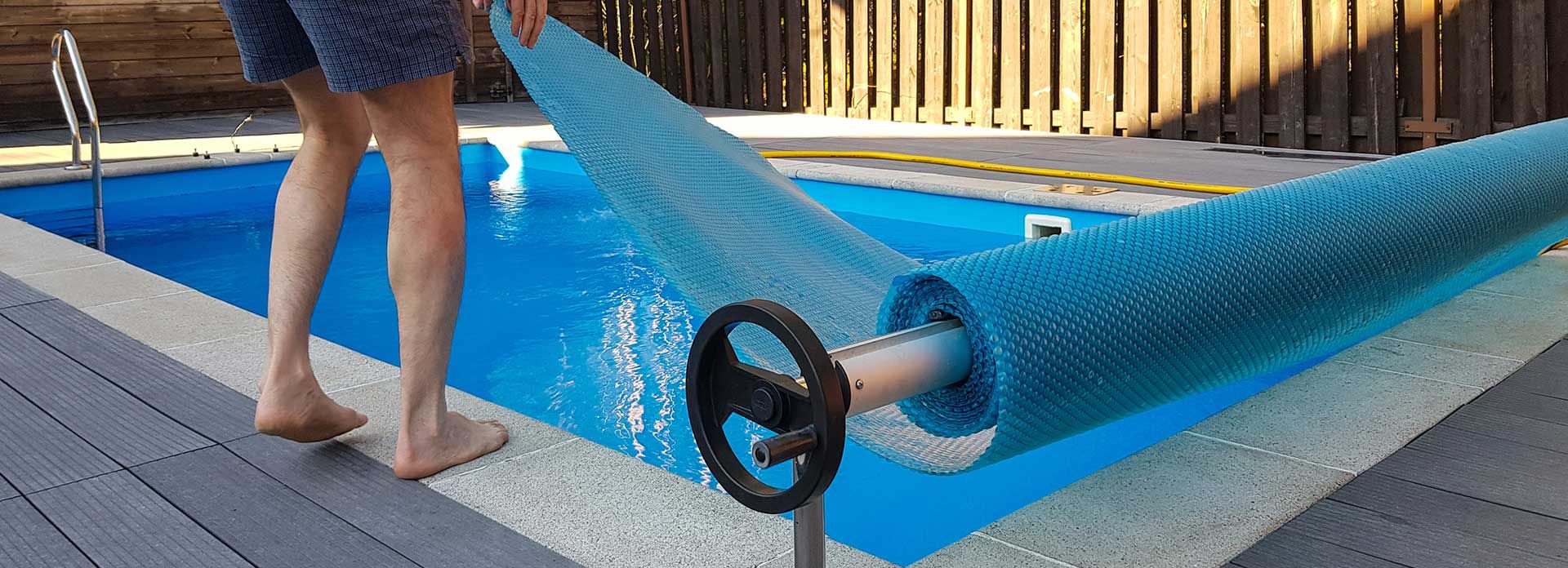
Fence and Barrier Issues
One of the most common issues found during pool barrier inspections is related to the fencing and barriers themselves. Inspectors may find fences that are too low, have climbable objects nearby, or have gaps that allow easy access to the pool area. Additionally, issues with gates and latching mechanisms, such as faulty locks or hinges, may also be identified.
Structural Issues
Pools may develop structural issues over time, especially if not properly maintained. Cracks in the pool walls, floors, or coping can pose safety risks and allow water to leak out. These issues should be addressed promptly to prevent further damage and ensure the structural integrity of the pool.
Safety Equipment Issues
Safety equipment such as alarms, pool covers, and first aid kits need to be in good working condition and easily accessible. Inspectors may find faulty alarms, damaged pool covers, or missing first aid kits during the inspection. Addressing these issues ensures that the necessary safety measures are in place to respond to emergencies.
Water Quality Issues
Maintaining proper water quality is crucial for the safety and enjoyment of pool users. Inspectors may find imbalanced pH levels, insufficient chlorine levels, or other chemical imbalances that could affect water quality. These issues need to be addressed to ensure the pool water is safe and free from harmful bacteria.
Electrical Issues
Pools often have electrical components that require regular inspection and maintenance. Inspectors may identify faulty wiring, malfunctioning outlets, or inadequate lighting during the inspection. Addressing these electrical issues ensures the safety of pool users and minimizes the risk of electrical accidents.
Surrounding Area Issues
Inspectors also assess the surrounding area of the pool for any potential safety hazards. Tripping hazards, uneven surfaces, or insufficient non-slip materials may be identified during the inspection. Addressing these issues can help prevent accidents and injuries in and around the pool area.
Conclusion
Pool barrier inspections are a crucial aspect of pool ownership, ensuring the safety and compliance of swimming pools and spas. By conducting regular inspections, pool owners can identify any non-compliant measures and potential issues, allowing for prompt repairs and maintenance. Additionally, proper pool maintenance and awareness of common issues can help prevent accidents and ensure the longevity of the pool.
Understanding the different types of pool inspections also enables pool owners to meet specific requirements and make informed decisions. Prioritising
pool barrier inspections and maintenance will not only keep your pool safe but also provide peace of mind for you and your loved ones. Remember, safety should always be the top priority when it comes to pool ownership.

